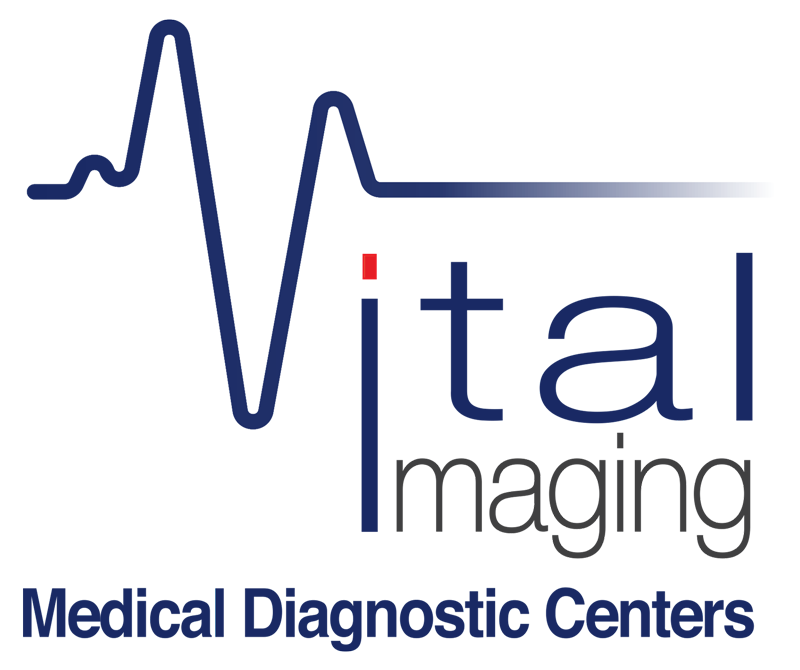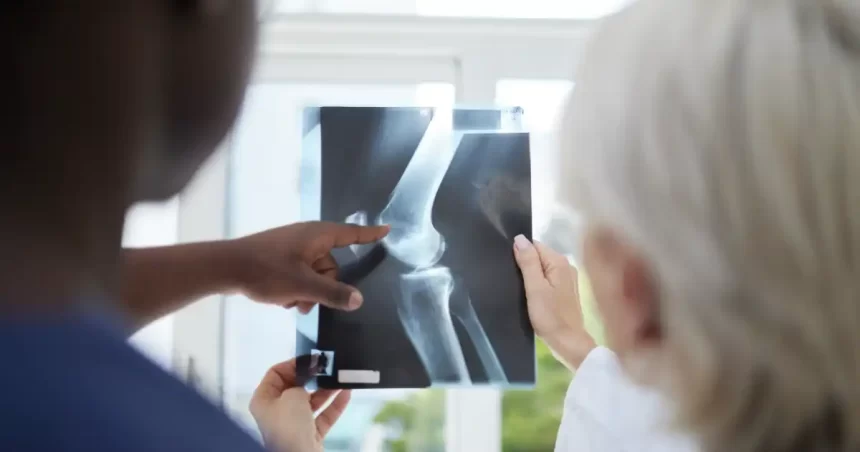A bone density scan is a simple medical test that helps doctors assess the strength of your bones. This scan is important because it helps detect osteoporosis early, a condition that weakens your bones and makes them more susceptible to fractures.
Here’s everything you need to know about this helpful test.
What is a Bone Density Scan?
A bone density scan measures how dense, or thick, your bones are. It uses very low levels of X-rays to check if your bones are healthy or if they are thinning. The scan is fast, safe, and painless. It’s different from a regular X-ray because it provides detailed information specifically about bone health.
Importance of Early Detection
Detecting osteoporosis early is important because weak bones can lead to fractures. These fractures can limit your activities, cause pain, and lower your quality of life. When doctors find osteoporosis early, they can start treatments sooner. Early treatment can prevent broken bones, help keep your bones stronger as you age, and maintain your independence.
Who Should Get a Bone Density Scan?
Doctors usually recommend bone density scans for:
- Women over the age of 65
- Men over the age of 70
- Anyone with risk factors such as smoking, low body weight, a family history of osteoporosis, or long-term use of medications like steroids
- People who have had previous fractures that happened easily
- Those with medical conditions affecting bone health, such as rheumatoid arthritis or hormonal disorders
How Does a Bone Density Scan Work?
During the scan, you lie comfortably on a padded table while a special machine scans your bones. You stay fully clothed, but might be asked to remove items like jewelry or belts. The machine usually checks your hips, spine, and sometimes your wrists, because these areas are most at risk for osteoporosis-related fractures. The scan takes about 10 to 20 minutes, and you must lie still during this time.
Understanding Your Results
Your scan results will come as a score called a T-score. This score compares your bone density with that of a healthy young adult. A higher score means your bones are healthy and strong. A lower score suggests you might have osteoporosis or osteopenia, which is mild bone loss. Your doctor will explain exactly what your score means and recommend the next steps for your health.
What Happens After the Scan?
If your scan shows low bone density or osteoporosis, your doctor might suggest different treatments such as:
- Taking calcium and vitamin D supplements
- Prescription medications to slow bone loss and build bone strength
- Weight-bearing and resistance exercises like walking, dancing, or lifting weights
- Lifestyle changes, including quitting smoking, reducing alcohol intake, and eating a balanced diet rich in calcium and vitamin D
Protect Your Bone Health
Bone density scans help detect osteoporosis early and can significantly improve your quality of life. Regular screenings, combined with a healthy lifestyle, can ensure your bones stay strong for years to come. Talk to one of our specialists today about scheduling a bone density scan and take an important step toward protecting your bone health and overall well-being.


Leave a Reply